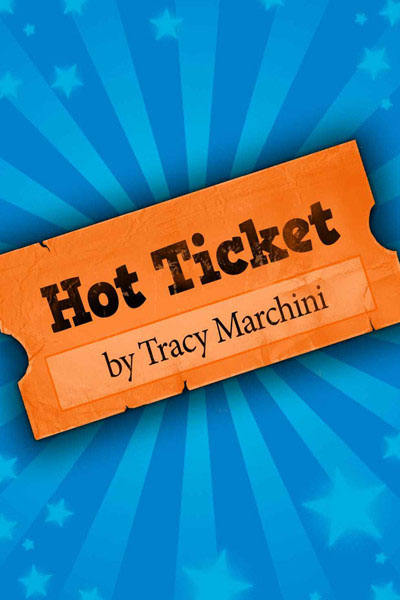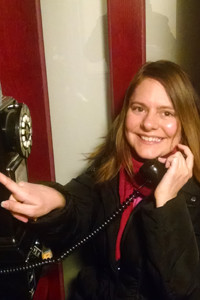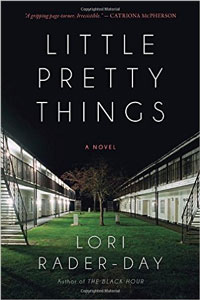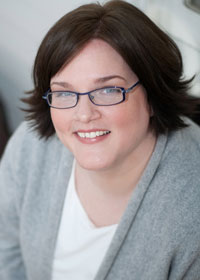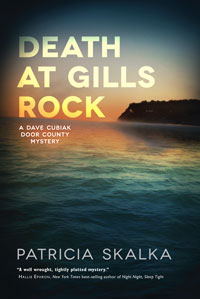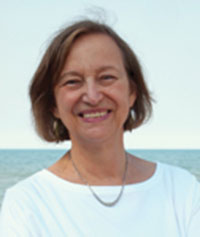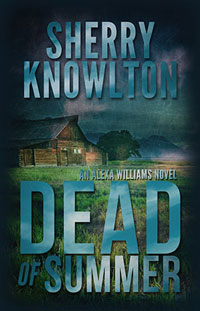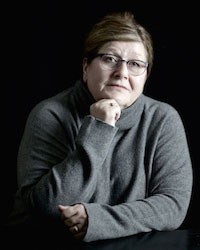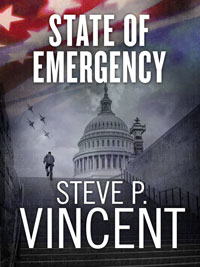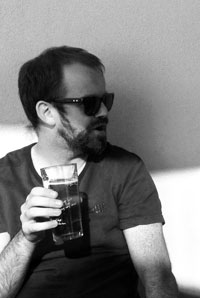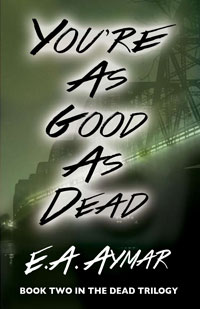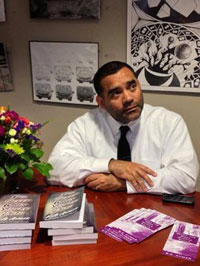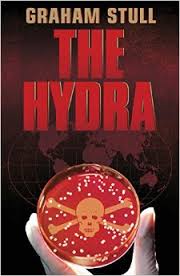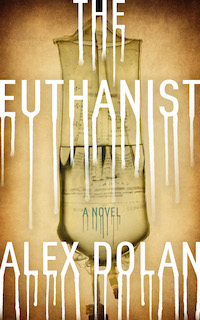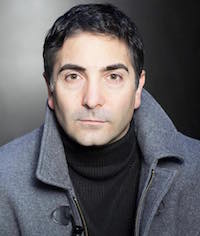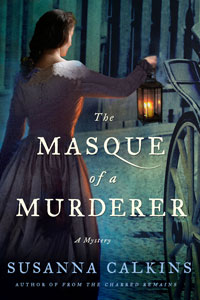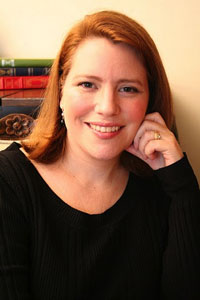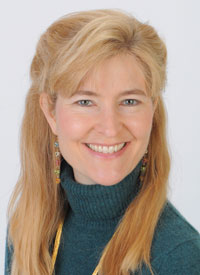Made It Moment: Tracy Marchini
Oh, I love a Made It Moment that gives me shivers. And that reminds me of something important I just can’t seem to get through the tough shell of my skull. As Ralph Waldo Emerson said, “Life is a journey, not a destination.” As writers, we learn that lesson repeatedly. With every word we write, every story we tell–and every moment we achieve. Congratulations, Tracy, on conveying it so well. And on your Moment too!
I don’t know that I can name one “made it” moment – but I do think I easily succumb to the temptation of thinking that, “If I do this one thing, then I’ll feel like I really made it.” Like, when I got my first agent. Or was accepted to an international writer’s retreat. Or when I published my middle grade, Hot Ticket.
These all feel like they should have been ‘made it’ moments, but the joy and agony of writing and publishing is that there’s always something else to look forward to. And so many writers and books to compare oneself to.
I guess I’m a bit like my protagonist, Juliet, that way. Juliet looks at the social hierarchy at John Jay Junior High (Triple J, for short) and sees that she is not cool enough to get a hot ticket, and not lame enough to get a shame ticket. She thinks that getting that hot ticket will change her junior high life for the better. But what she can’t see while she’s chasing the mysterious ticket dispenser, is that she already has it pretty good! She has a great collection of friends, a loving family and an endearing sense of humor wrapped in a bundle that’s – admittedly – a bit prone to disaster.
The fun of Hot Ticket is watching Juliet’s journey as she tries to catch the ticket dispenser and climb a few steps on the social ladder at Triple J.
And what I try to remind myself is that all of this – the drafting of two or three pages in a notebook on a crowded subway car; the compulsively checking my computer for revision notes or feedback from an editor, agent or beta reader; the blogging (hello!) – this is the journey. And this is the fun.
Even though there are days where I may not feel it, I know I am incredibly lucky to have the time and support to devote hours to telling the stories that pop in to my head. And maybe those are my made it moments – when I can sit and be grateful for a bit of time, the inspiration to write, and the hope that somebody someday will be happy to read it.
Tracy Marchini is a freelance editor who specializes in children’s and young adult literature. She’s previously worked at a Manhattan literary agency, as a children’s book reviewer, and as a freelance copywriter. As a children’s author, she been accepted for publication in Highlights Magazine and has won grants from the Highlights Foundation, the Puffin Foundation and La Muse Writer’s Retreat in Southern France. She holds an M.F.A in Writing for Children and a B.A. in English, concentration in Rhetoric.

